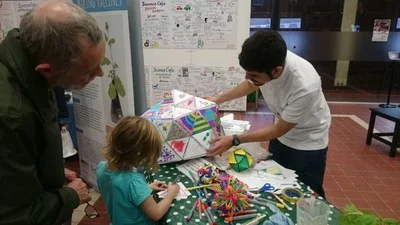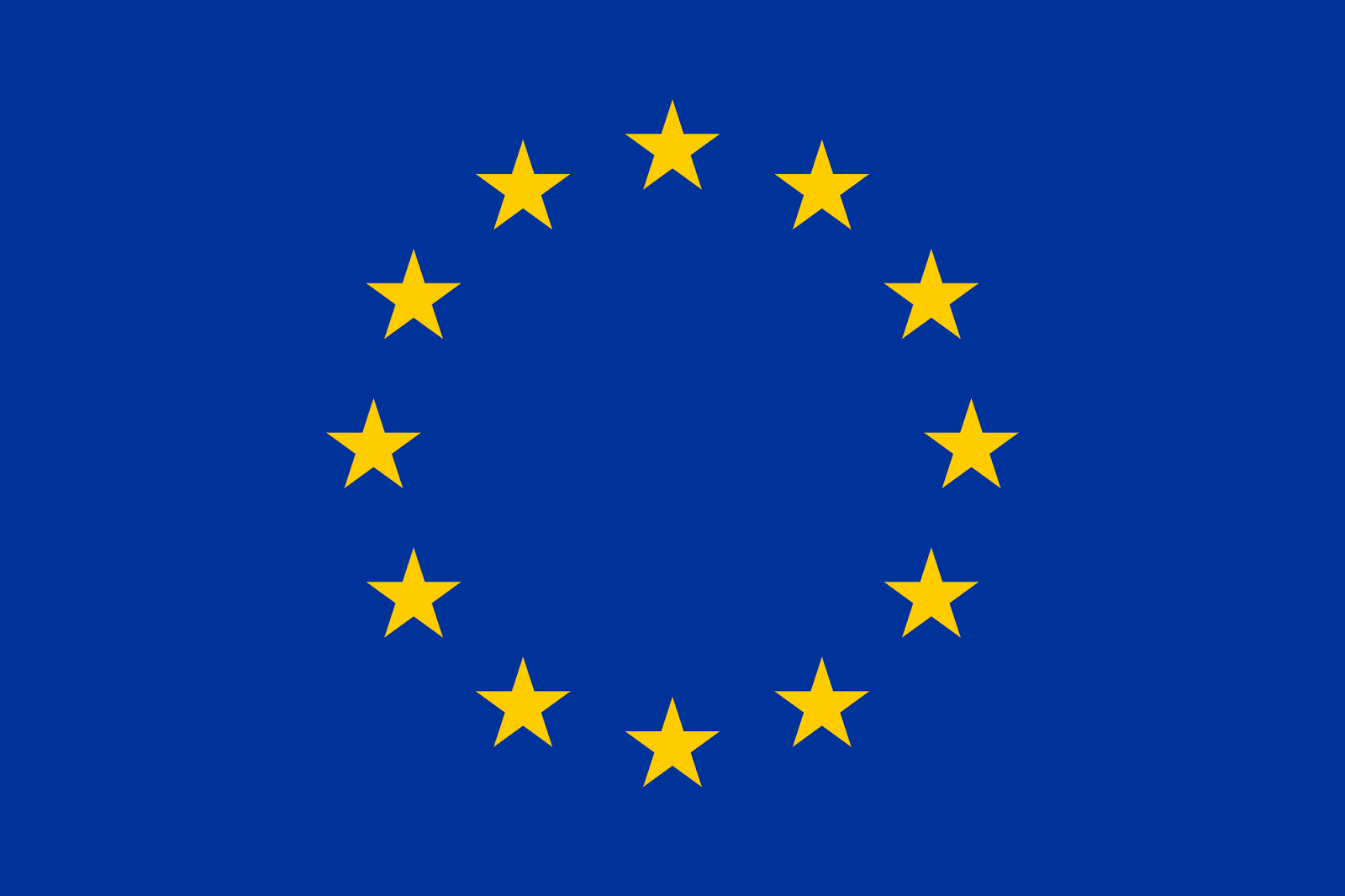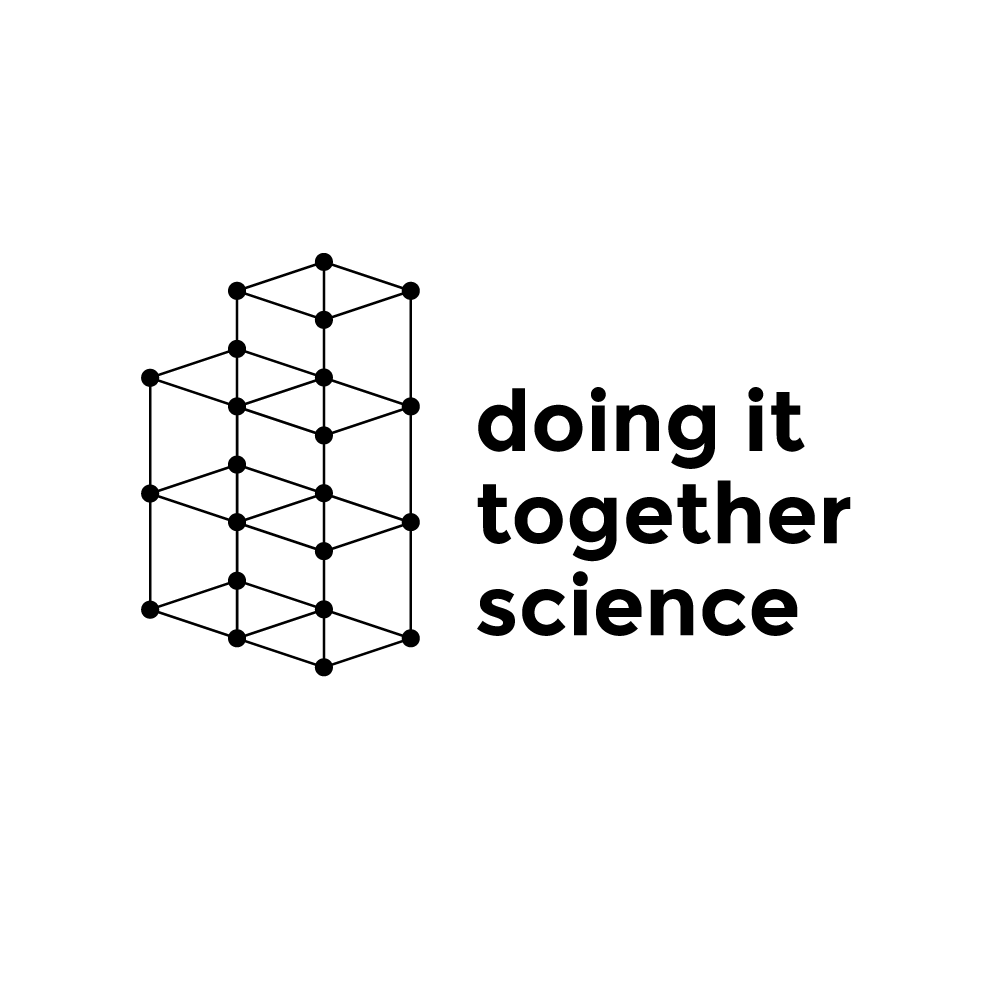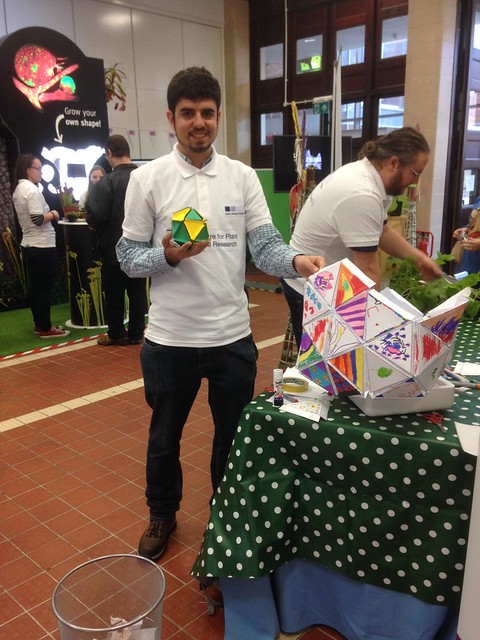The 5th edition of Co-Lab workshop was hosted in Cambridge, including Makespace Cambridge and Department of Plant Sciences at the University of Cambridge. This workshop received a grant from the OpenPlant Fund, with the aim to spur discussion of plant synthetic biology from an ethnographic point of view. The facilitator, Open Science School, is an non-profit based in Paris interested in exploration of open source technology in the fields of education, design and beyond.
This is a guest post by Lena Asai from Open Science School. Follow her @LenaAsai!
Image credits: Imane Baïz
The workshop consisted of 3 ideation workshops and a ‘Big Making Days’ prototyping workshop with activities that bridges together artists, scientists and designers to brainstorm and work on an interdisciplinary project around synthetic biology and life engineering. The programme includes pigment extraction, making electricity with plants (hosted by Paolo Bombelli), Ethnography activity, and series of participatory lectures.
The Big Making Days at Makespace on 7 - 9 October were a great opportunity for the participants to indulge in a full weekend of making at the Makespace. The three projects funded by the workshop were:
Project 1: VRICKS (Virus Bricks for Citizens) #virus #3Dmodel #SyntheticBiology #LearningByDoing #DesignToShare
VRICKS is a citizen science based project that aims to connect students and general public with science. Virology is the basic scientific direction of the project. Researchers go to a classroom or science event, they pitch the project and the participants play, design and assemble viral structures using the VRICKS box. Participants upload pictures of the assembled structures in Twitter/Instagram. Researchers pick their favourite structure once a week and comment on it in the blog of the project. Additionally, researchers get inspired by the proposed structures and might even add new VRICKS to the collection. In the end, we have a citizen science project, which combines education, creative thinking and advanced research technologies.
Pictured in the middle, is a prototype constructed by the VRICKs team, created using the laser cutter. The project was presented at the Science Festival in Norwich along with Roger’s PhD project on viral structures (pictured in the left). Photo Credit: Roger Castells
Project 2: TEB (The Edible Books)
#Food #Books #Edible #Supplements #Education
The edible book aims to present the traditional hardback book in a new light. The edible rice paper will add an additional layer of sensory experience to reading the book, whether for educational purposes aimed at young children, or for novelty purposes aimed at opening the minds of gift-givers, and even as an innovative medium for communicating food science principles, inside and outside the kitchen.
Project 3: SMELL YOU LATER
#Perception #Smell #diyEEG #SmellDirectory #EmotionAndScent
Image Credit: Lena Asai
Having the aim to investigate at the relationship of emotion and smells, this team utilised EEG scans to connect to sense of smell and person’s psyche. They sought to developing a framework, based on EEG and questionnaires, to elucidate these factors and to assemble a dictionary of smells, the reactions to which are most uniform and repeatable. Such a dictionary could have applications ranging from storytelling via an olfactory sequence of smell “snapshots” to mood control.
The participants took full advantage of the facility at of Makespace, especially during the Big Making Days. It was a fantastic experience for the workshop, as Makespace Cambridge is such a wonderful space and the participants were very thankful for this opportunity. We were able to host over 20 participants to work on the ideas developed during the Brainstorming Weekends. We would like to thank Directors of the Makespace, Jenny, Carlos and all Makespace members for providing us with such an amazing experience.
Image Credit: Paloma Portela
This workshop was supported by a grant received by OpenPlant, which allowed materials for participants to be fully funded. The workshop is part of EU project No. 709443.
Doing It Together Science (DITOs), an EU citizen science project:
DITOs will implement many innovative participatory event formats across Europe focusing on the active involvement of citizens in two critical areas: the cutting edge topic of biodesign and the pressing area of environmental monitoring. The project will advance the EU Responsible Research and Innovation agenda by moving beyond more traditional approaches into direct engagement that builds upon DIY, grassroots, and frugal innovation initiatives so that in the short and medium term we sustain localised capacity building and in the long term the effects of these grassroots efforts channel into policy action at different levels.
This project has received funding from the European Union’s Horizon 2020 research and innovation programme under grant agreement No 709443.










